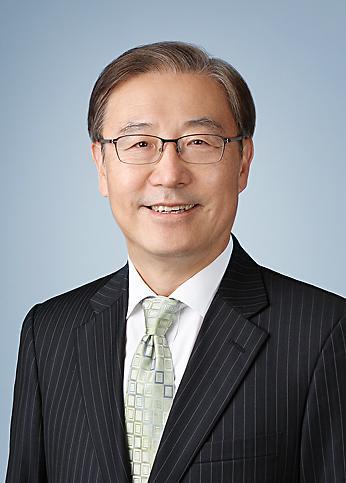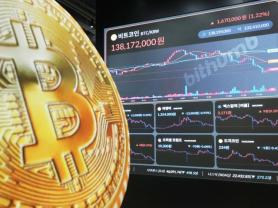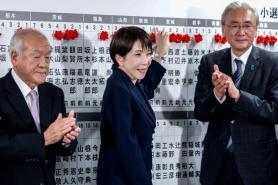
SEOUL, November 04 (AJP) - U.S. President Donald Trump calls tariffs the “most beautiful word.” True to that conviction, he has wielded them like a hammer — striking friends and foes alike, unsettling global markets, and testing the limits of American diplomacy.
He claims these hard-edged tactics have brought results: smoother negotiations with South Korea and Japan, a temporary truce with China, and what he boasts are eight global conflicts “resolved” under his watch. He has even called himself a “peacemaker” deserving of the Nobel Peace Prize.
Yet behind the “America First” slogan lies a pattern of contradictions. Trump’s foreign policy often advances not the interests of the United States, but those of Donald Trump. It is, in truth, "Trump First."
His tariff wars have generated political theater but little economic stability. Inflation rose, growth slowed, and the fiscal deficit widened — all outcomes at odds with his promises of prosperity. Rather than asking the wealthiest Americans and corporations to contribute more, he signed what he called the “One Big Beautiful Act,” a sweeping tax cut that drained federal revenues while enriching those already at the top.
Even his confrontation with China, ostensibly to preserve American leadership, has been more symbolic than strategic. When negotiations grew difficult, he stepped back — earning the derisive nickname “TACO,” for retreating under pressure. His combative trade policies toward allies have further weakened the anti-China coalition the United States spent decades building.
Trump’s pledge to revive American manufacturing, meanwhile, has run aground on practical limits. The United States faces a shortage of skilled workers and a lack of industrial infrastructure. Foreign firms may open automated factories on U.S. soil to avoid tariffs, but such facilities create few jobs and do little to restore the nation’s competitive edge.
His approach to global conflict follows the same pattern: short-term deals instead of lasting peace. His administration’s promotion of cryptocurrencies, paired with the surge in gold prices, has even raised questions about confidence in the U.S. dollar — the cornerstone of American economic power.
What unites these efforts is not a clear vision of America’s role in the world, but a relentless pursuit of self-promotion. Projects such as “Trump Coin” and the “Gold Card” investment-immigration program appear less about national interest than personal gain. His tax policies, too, have disproportionately benefited the wealthy — including his own family.
Political scholar James David Barber, in The Presidential Character, described leaders like Trump as “active-negative”: driven by an urgent need to change the world but lacking a constructive purpose. Like Richard Nixon, he is ambitious yet insecure, and dangerously susceptible to flattery from foreign strongmen who know how to exploit his ego.
Hopes that a second Trump term might bring maturity or steadier judgment have so far proved unfounded. Surrounded by loyalists who echo rather than challenge him, he seems more convinced than ever of his own infallibility. This self-assurance, combined with impulsive decision-making, poses growing risks for the United States — and for the world.
As the rivalry between Washington and Beijing deepens, other nations are reminded of a postwar adage: “Don’t trust the United States, don’t be deceived by the Soviet Union, and Japan will return.” The message endures: alliances must be valued, but independence preserved.
For South Korea, that means maintaining its strategic balance — upholding the alliance with the United States while guarding against over-reliance. In an era defined by uncertainty, restraint and prudence may prove far wiser than any “beautiful” tariff or self-declared peace deal.
About the author
-Former South Korea's Ambassador to Myanmar and Australia
-Special Envoy for the National Assembly
* This article, published by Aju Business Daily, was translated by AI and edited by AJP.
Copyright ⓒ Aju Press All rights reserved.




